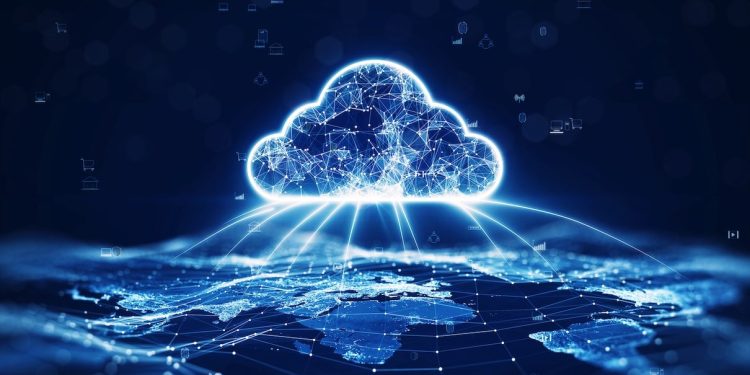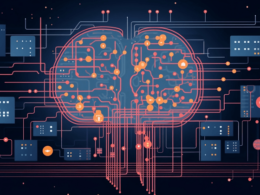AI Strategy and Data Infrastructure
In 2023, there was a significant focus on generative AI, with companies striving to strengthen their AI strategies. However, they soon realized the importance of clean and high-quality data in this process. As a result, the need for robust data infrastructure became apparent. Data ecosystem vendors, including Snowflake and Microsoft, seized this opportunity and even acquired notable players to provide their customers with the ability to leverage their data for various AI applications and implement AI capabilities into their products.
- Microsoft Announces Fabric
- The Rise of Vector Databases
- Databricks Acquires MosaicML
- Enhanced AI Strategy with Salesforce
- Snowflake’s Document AI
One noteworthy development came in May when Microsoft announced Fabric, an end-to-end analytics platform that combines various data and analytics tools, such as Azure Synapse Analytics and Power BI, into a unified product. This offering aimed to unlock the potential of data and lay the foundation for AI. Analysts believe that Microsoft has gained an advantage over other cloud providers, like Amazon and Google, particularly when serving large enterprise companies. According to Noel Yuhanna, an analyst at Forrester, “With all these capabilities coming together, Microsoft definitely has a slight advantage over the other hyperscalers at the moment.”
The CEO and founder of Zilliz, Charles Xie, discussed the rise of vector databases and how they revolutionize the use of unstructured data. Vector databases offer an incredible capability to search unstructured data, including semi-structured and even structured data. Xie encouraged companies to consider vector databases to address their specific use cases.
In June, Databricks made headlines with its acquisition of AI company MosaicML for $1.3 billion. The integration intended to provide enterprises with a unified platform to manage data assets and develop secure generative AI applications. According to Ali Ghodsi, cofounder, and CEO of Databricks, “Every organization should be able to benefit from the AI revolution with more control over how their data is used. Databricks and MosaicML have an incredible opportunity to democratize AI and make the lakehouse the best place to build generative AI and LLMs.”
Salesforce, the customer relationship management (CRM) giant, strengthened its AI strategy through various product enhancements. As part of these initiatives, Salesforce announced that its proprietary Data Cloud, which integrates information from different sources to create unified customer profiles in real-time, would support bi-directional data sharing and access with Databricks’ data lakehouse platform and Snowflake’s data cloud. This collaboration empowers joint customers to enrich their datasets and develop more capable models for different business-critical problems.
In June, Snowflake made waves with the launch of Document AI, a large language model (LLM) tool that enables enterprises to extract value from unstructured documents, such as PDF invoices, efficiently. This move represented a significant development for Snowflake, which originally focused on structured data. The introduction of Document AI facilitates the utilization of scattered unstructured information and unlocks new possibilities for organizations to leverage their data. Christian Kleinerman, Snowflake’s SVP of product, emphasized, “We’re unlocking a new data era for customers, leveraging AI and eliminating silos previously bound by format, location, and more to revolutionize how organizations put their data to work and drive insights with the Data Cloud.”










